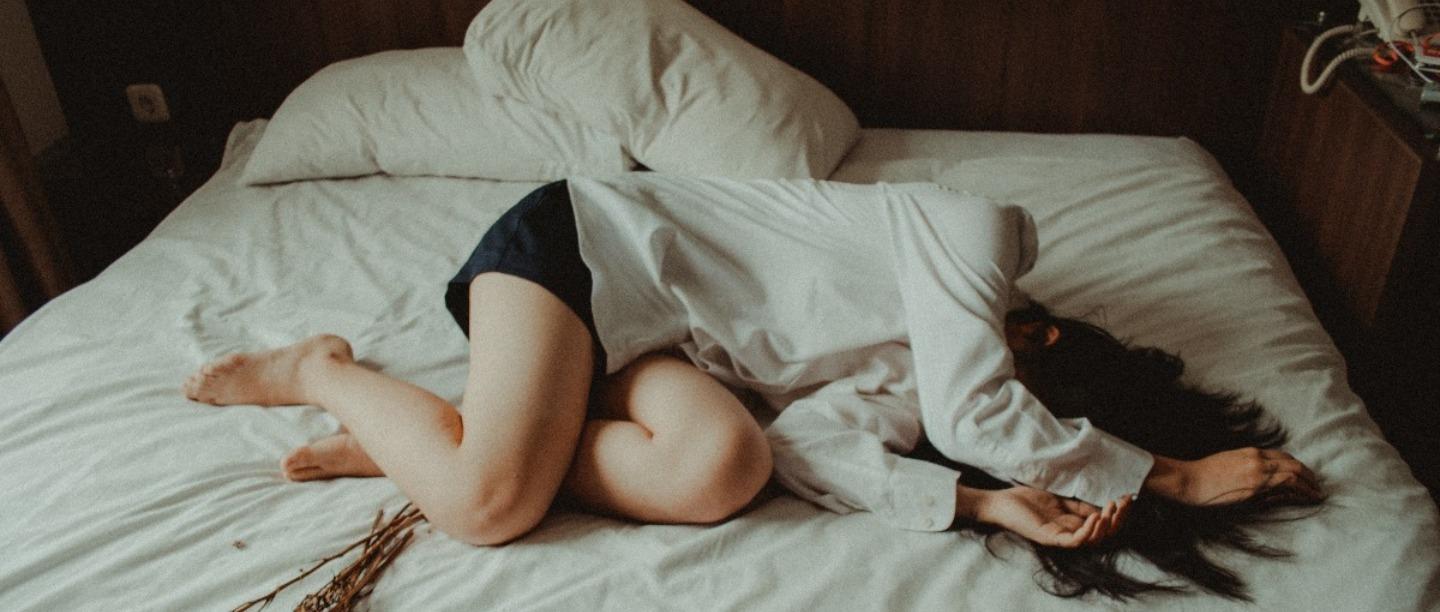Having really wacky sleeping patterns during lockdown with a definite increase in how much you sleep but not so much in how well you sleep? Well, you are not alone. As per a new study published in Current Biology, the overall sleep quality might have decreased for those who worked from home during the coronavirus lockdown.
Conducted on individuals from three different European societies back in March-April while the world was under the strictest lockdown phase, the study states that “In modern societies, human rest-activity rhythms and sleep result from the tensions and dynamics between the conflicting poles of external social time (e.g., work hours and leisure activities) and an individual’s internal biological time. A mismatch between the two has been suggested to induce ‘social jetlag’ and ‘social sleep restriction’ (SSR), that is, shifts in sleep timing and differences in sleep duration between workdays and free days.”
While the lockdown restrictions did reduce the mismatch between social and internal biological sleep-wake timing that ideally helps an individual to get better quality of sleep, it did not turn out to be the case. As the study says, “The improved individual sleep-wake timing can presumably be attributed to the increased flexibility of social schedules, for instance, due to more work being accomplished from home. However, this unprecedented situation also led to a significant increase in self-perceived burden, which was attendant to the decrease in sleep quality.”
Thus, as per the study’s findings, while this social jetlag did decrease during the lockdown, it did not have much impact on the overall sleep quality for the working folks. Study’s co-author Christine Blume explained in a media statement, “Usually, we would expect a decrease in social jetlag to be associated with reports of improved sleep quality. However, in our sample, overall sleep quality decreased. We think that the self-perceived burden, which substantially increased during this unprecedented COVID-19 lockdown, may have outweighed the otherwise beneficial effects of reduced social jetlag.”
She added, “Not surprisingly, this unprecedented situation of the pandemic and the lockdown increased self-perceived burden and had adverse effects on sleep quality. On a positive note, though, the relaxation of social schedules also led to improved alignment between external or social factors determining our sleep-wake timing and our body’s internal biological signals. This was also associated with overall, more sleep,” she added.
Thus, while the study does acknowledge an overall increase of 15 minutes per day in an individual’s sleeping cycle during the lockdown, this has clearly not materialised in terms of the quality. However, the researchers have also shared ways to make up for this deteriorated quality of sleep. “These adverse effects may be alleviated by exposure to natural daylight as well 46 as physical exercising,” states the study.
Well, truth be told, we aren’t too surprised. Haven’t we all been sleeping a little funny of late?
Featured Image: Unsplash




